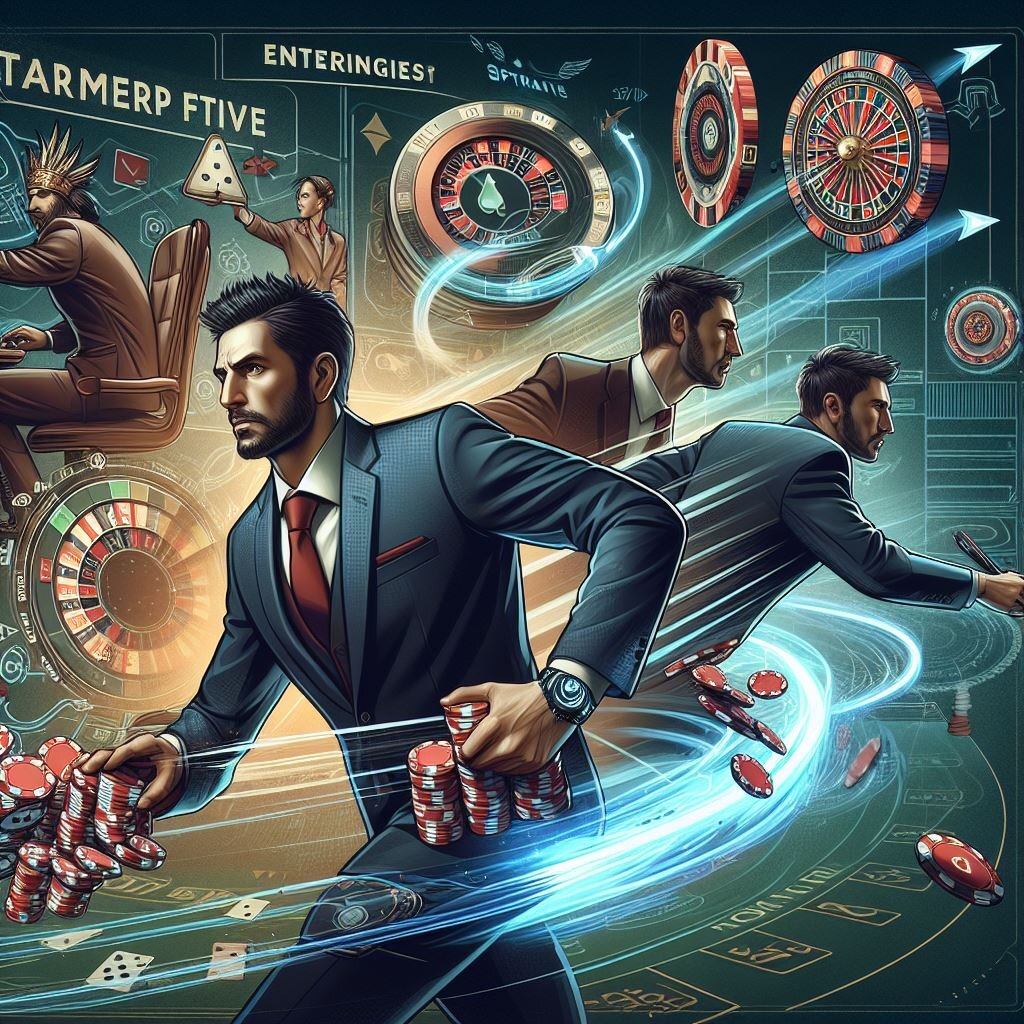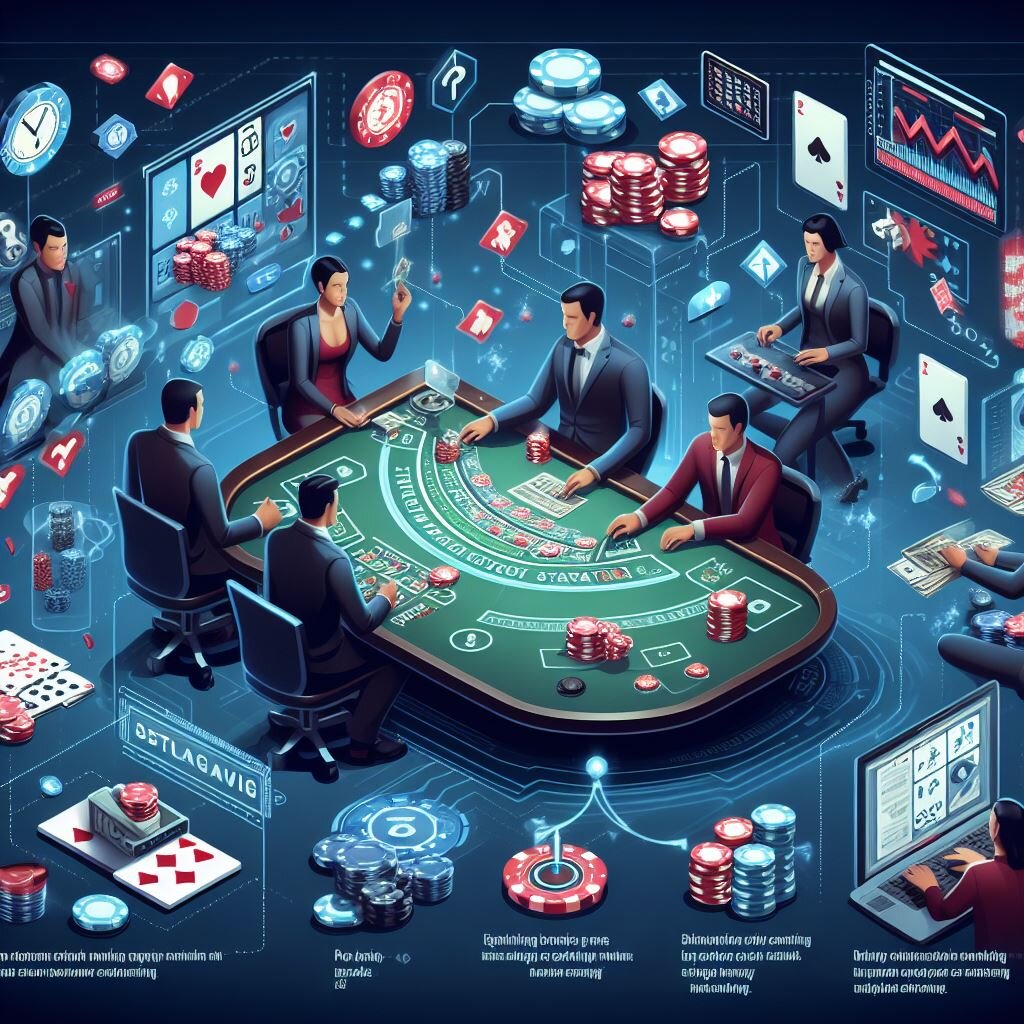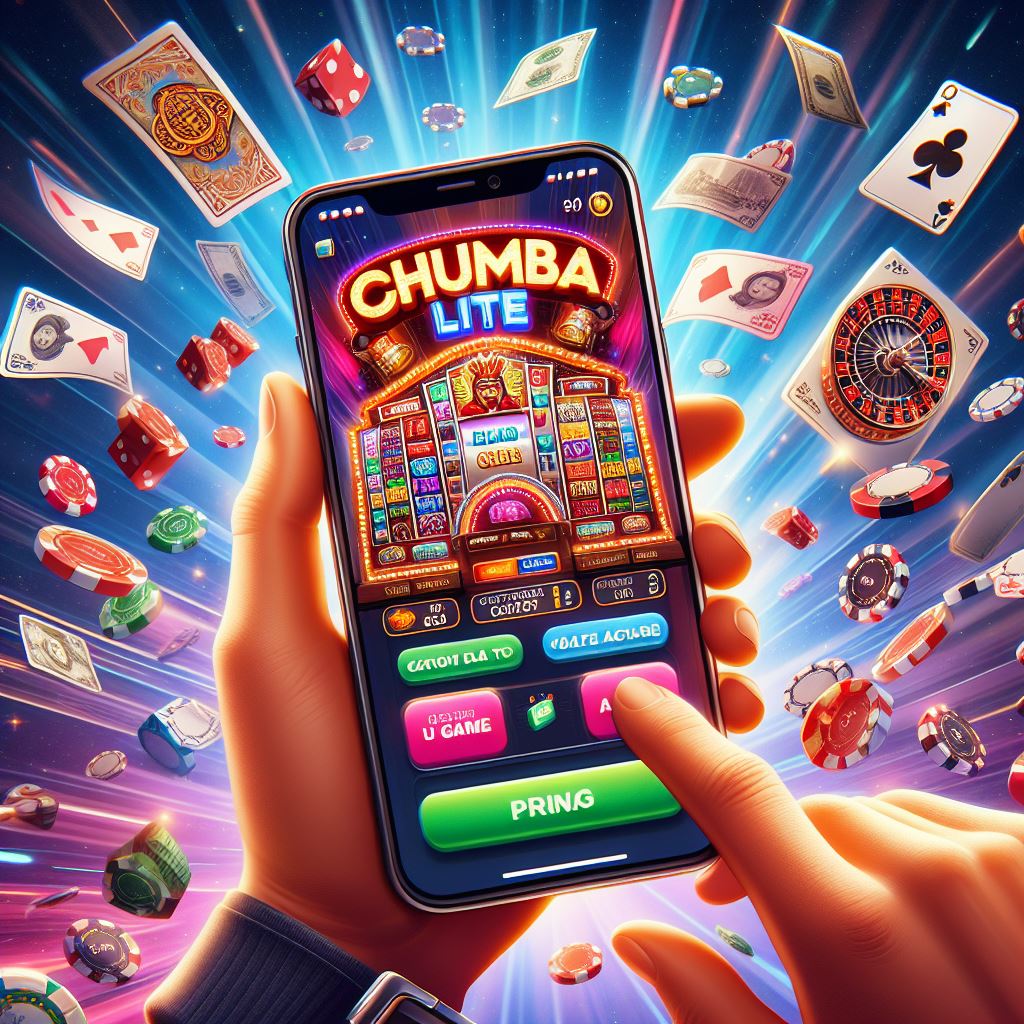cidadedealverca.com. Game of Blackjack is a timeless casino classic that combines elements of skill, strategy, and chance. While luck plays a significant role in the outcome of each hand, strategic decision-making can greatly influence your chances of success. In this article, we’ll delve into the strategies players can employ to navigate decisions effectively in a game of blackjack, maximizing their odds of winning and enjoying the thrill of the game.
Understanding Basic Game of Blackjack:
At the core of successful Game of Blackjack play lies the concept of basic strategy. Developed through mathematical analysis of the game, basic strategy outlines the optimal plays for every possible hand combination against the dealer’s upcard.
By following basic strategy guidelines, players can minimize the house edge and improve their chances of winning over the long run. Whether to hit, stand, double down, or split depends on the specific cards in your hand and the dealer’s upcard, and adhering to basic strategy ensures you make the most statistically advantageous decision in each situation.
Assessing the Dealer’s Upcard:
One of the key components of effective Game of Blackjack strategy is carefully assessing the dealer’s upcard before making your decision. The dealer’s upcard significantly influences the likelihood of various outcomes, and understanding its implications is crucial for making informed decisions.
For example, when the dealer shows a weak upcard (2 through 6), players are more likely to stand on lower totals to avoid busting, whereas when the dealer shows a strong upcard (7 through Ace), players may be more inclined to hit in an attempt to improve their hand.


Calculating the Odds:
In addition to basic strategy, calculating the odds of various outcomes can help inform your decision-making process in Game of Blackjack.
Understanding the probability of drawing certain cards can guide your decisions on whether to hit, stand, double down, or split, based on the likelihood of improving your hand or beating the dealer’s hand.
While calculating precise odds in real-time may be challenging, having a general understanding of probabilities can help you make more informed decisions and ultimately improve your overall performance at the Game of Blackjack table.
Managing Your Bankroll:
Effective bankroll management is another critical aspect of successful Game of Blackjack strategy. Knowing when to bet conservatively and when to take calculated risks can help you ride out losing streaks and capitalize on winning streaks.
Set a budget for each blackjack session and stick to it, avoiding the temptation to chase losses or bet more than you can afford to lose. By managing your bankroll wisely and adjusting your betting strategy based on the flow of the game, you can minimize your losses and maximize your potential winnings over time.
Practicing Patience and Discipline:
Finally, practicing patience and discipline is essential for success in Game of Blackjack. Resist the urge to deviate from basic strategy or make impulsive decisions based on emotions or superstitions. Stick to your game plan, trust the mathematics behind basic strategy, and remain focused on making sound decisions throughout the course of play. By staying disciplined and maintaining a clear-headed approach, you can increase your chances of success and enjoy a more rewarding experience at the blackjack table.
Conclusion:
In the Game of Blackjack, strategic decision-making is paramount to achieving success and maximizing your winnings. By understanding basic strategy, assessing the dealer’s upcard, calculating the odds, managing your bankroll, and practicing patience and discipline, you can navigate decisions effectively and improve your overall performance at the Game of Blackjack table. Whether you’re a seasoned veteran or a newcomer to the game, employing these strategies in action will enhance your enjoyment of blackjack and increase your chances of coming out ahead.
FAQs
1. What are the basic rules of blackjack?
In blackjack, the objective is to beat the dealer’s hand without exceeding a total of 21. Players are dealt two cards initially and can choose to “hit” (take another card) or “stand” (keep their current hand). The dealer follows specific rules for drawing additional cards. Face cards (kings, queens, and jacks) count as 10 points, aces can count as either 1 or 11, and all other cards retain their face value.
2. What is the importance of strategy in playing blackjack?
Strategy is crucial in blackjack as it helps players make informed decisions based on the cards they have been dealt and the dealer’s upcard. By following basic strategy charts, players can maximize their chances of winning and minimize losses over time. Strategies involve knowing when to hit, stand, double down, split pairs, and surrender based on the specific situation.
3. What is basic strategy, and how can it improve gameplay?
Basic strategy is a mathematically derived set of rules that guides players on the optimal decisions to make in any given blackjack scenario. It takes into account the player’s hand total and the dealer’s upcard. By adhering to basic strategy, players can reduce the casino’s edge to the lowest possible level, significantly increasing their chances of winning in the long run.
4. Are there different variations of blackjack strategy?
Yes, there are variations of basic strategy tailored to specific blackjack rule variations, such as whether the dealer hits or stands on soft 17, the number of decks in play, and whether surrender and doubling down after splitting are allowed. These variations may require adjustments to basic strategy charts to optimize gameplay for each rule set.
5. How can card counting affect blackjack strategy?
Card counting is a strategy used by skilled players to track the ratio of high cards to low cards remaining in the deck. By keeping track of the cards that have been dealt, players can adjust their bets and playing decisions accordingly to gain an edge over the casino. However, card counting requires significant skill, practice, and mental acuity, and it is not allowed in many casinos.



